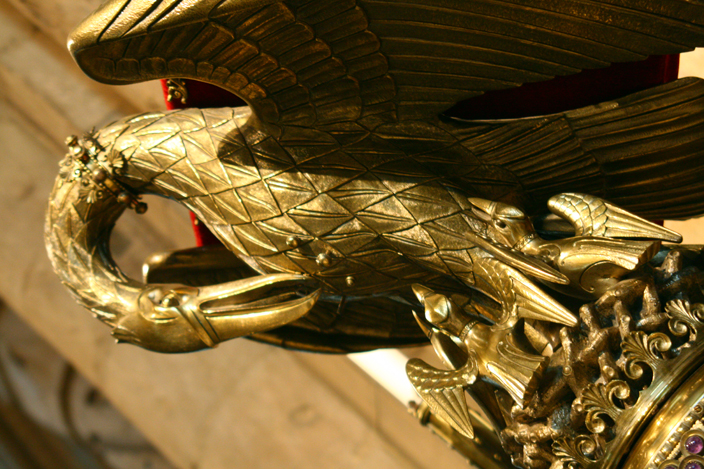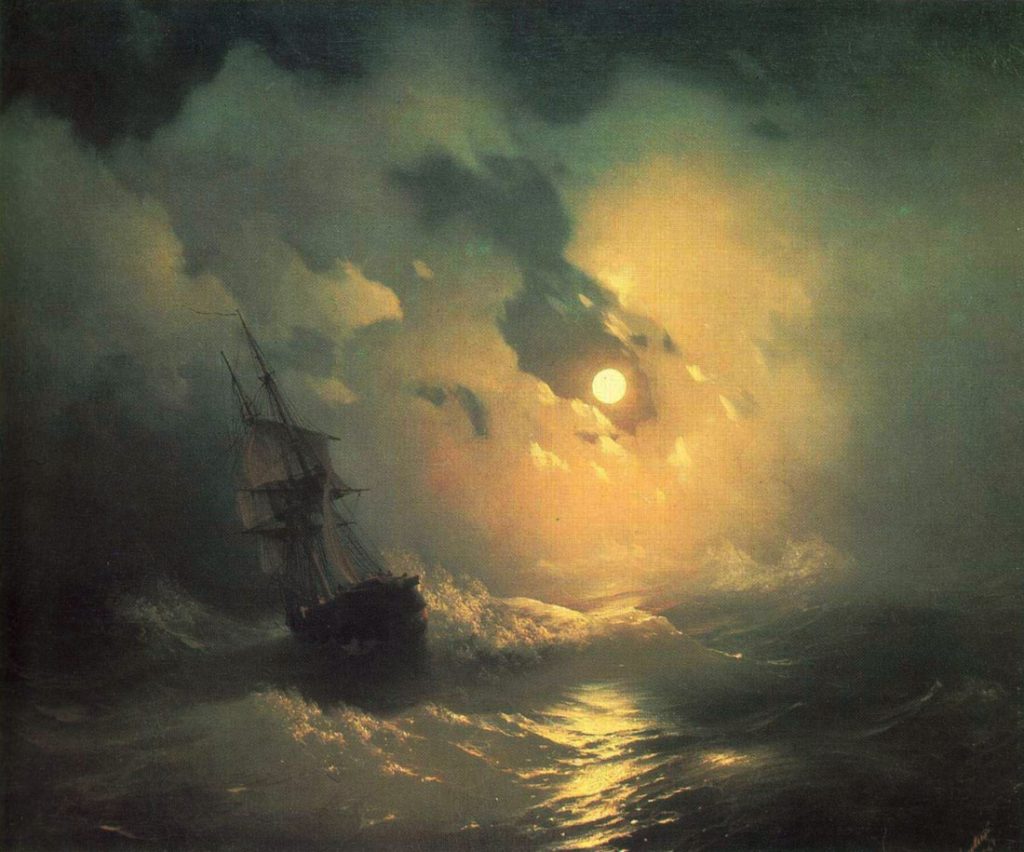This post is part of the General Conference Odyssey.
Mormonism has been called an atheological religion, notably by philosopher James E. Faulconer in Why a Mormon Won’t Drink Coffee but Might Have a Coke: The Atheological Character of The Church of Jesus Christ of Latter-day Saints. Faulconer begins:
It is a matter of curiosity to many and an annoyance to some that it is sometimes difficult to get definitive answers from members of the Church of Jesus Christ of Latter-day Saints to what seem like straightforward questions – questions of the form “Why do you believe or do x?” Latter-day Saints subscribe to a few basic doctrines, most of which they share with other Christians (such as that Jesus is divine) and some of which differentiate them, such as the teaching that Joseph Smith was a prophet of God. They also accept general moral teachings, the kinds of things believed by both the religious and the non-religious. Apart from those, seldom can one say without preface or explanation what Latter-day Saints believe.
The explanation for this, according to Faulconer is that Mormonism is atheological, meaning “they are without an official or even semi-official philosophy that explains and gives rational support to their beliefs and teachings.”
Faulconer is right, and for the most part I see this as a feature rather than a bug. A lot of the strife in other Christian denominations has come precisely from the high stakes involved in authoritatively laying out doctrinal claims. This is why there are all those creeds out there, many of which not only played a role in religious wars and persecution, but frequently have no practical relevance today. In other words: a lot of people died for basically no good reason. By refusing to have any kind of an authoritative theology, Mormonism avoids that (metaphorical or literal) bloodbath and instead keeps the focus on the basics (for one) and on actions (for another).[ref]Mormonism is concerned with orthopraxy more than with orthodoxy, which is well and good.[/ref]
One consequence—for good or ill—is that a lot of the tough questions that other denominations have scads of theological work on are basically wide-open fields. Such as: what is the nature of all that smiting and cursing that God foretells for the wicked through prophets? Does got really get angry—in a sense that we would understand—lose his temper and let natural disasters and wars and famines and plagues loose on the targets of his wrath? Or are those depictions in some sense metaphorical or hinting at some other, underlying reality that was either misunderstood by prophets at the time or intentionally misconstrued as a means to provoking better behavior?
For a Mormon: you’re kind of on your own.
Like most religious folks, we also tend to want to have it both ways. In the last General Conference (October 2017), Elder Rasband gave one of those “there are no coincidences” talks where every little (good) thing that happens is a sign of God’s micromanaging of our day-to-day lives. In the April 1977 General Conference, Elder Romney took up the flipside of this coin, arguing that God doesn’t intentionally smite anyone:
[L]et it not be supposed, now, that the Lord takes pleasure in these calamities. He does not. He graphically foretells the inevitable consequences of men’s sins for the purpose of inducing them to repent and thereby avoid the calamities.
So, if it’s a good thing that happens, we credit it to God’s personal intervention in our lives, no matter how small. But if it’s a bad thing that happens, we absolve God of any responsibility (i.e. we claim the “calamities” are “inevitable consequences” rather than divinely-willed punishment or retribution), not matter how big.
This is a tough conundrum, and I don’t have an answer. I believe God is all-loving, and I find this very hard to reconcile with a God who micromanages a world so full of suffering and injustice. It’s easier for me to imagine a God who is—perhaps because of the strictures of free will—more often than not constrained from direct intervention. On the other hand, it’s clear that what I’m doing is creating a theodicy to conform to my intuition of justice. It’s entirely possible that there are other solutions to the problem that reconcile God’s love and mortality’s seemingly senseless misery and beauty.
If you’re from an older, orthodox religion (like Catholics or Calvinists), then you’ve got literally dozens of tomes you can fall back on. There’s some comfort in that. On the other hand, you’re also bound down to one particular authoritative interpretation or the other. And that feels like a bad idea. Not only because I’m skeptical that anybody has really gotten it right, but also because in the end I think it detracts from what really matters.
I think it’s a lot less important—although clearly not irrelevant—how we interpret the problem of evil and other theological quagmires and much more important—positively vital—how we respond to those dilemmas with our actions. I’ll take an orthoprax religion without the answers over an orthodox religion with flawed answers any day of the week.
I might even take an orthopraxy religion without the answers over a hypothetical orthodox religion with the right answers, to be honest.
—
Check out the other posts from the General Conference Odyssey this week and join our Facebook group to follow along!
- That Kind of Trust by G
- My Heart Sings With Joy In the Healing of My Brokenness by Jan Tolman
- With fervent desire by Marilyn Nielson


